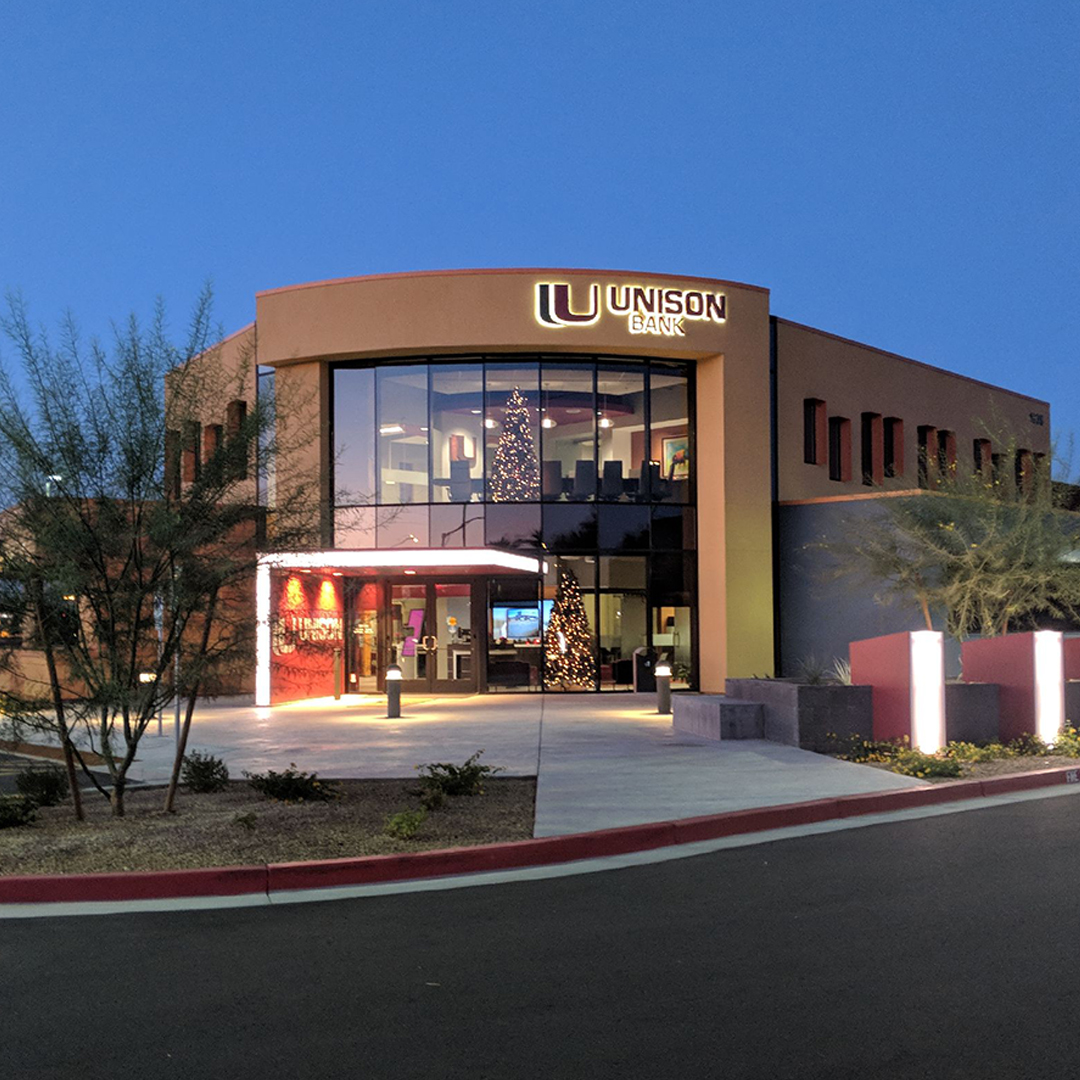26 Sep Ransomware awareness for weekends
The Federal Bureau of Investigation (FBI) and the Cybersecurity and Infrastructure Security Agency (CISA) have observed an increase in highly impactful ransomware attacks occurring on holidays and weekends – when offices are normally closed. This was reported in the United States as recently as July 4, 2021.
The FBI and CISA share the following information to provide awareness in hopes that the public will be diligent in their network defense practices during the holidays and weekends, based on recent actor tactics, techniques and procedures (TTPs) and cyberattacks over holidays and weekends in prior months. They encourage all entities to examine their current cybersecurity posture and implement the recommended best practices and mitigations to manage the risk posed by all cyber threats, including ransomware.
Cyber actors have conducted increasingly impactful attacks against U.S. entities on or around holiday weekends over the last several months. The FBI and CISA do not currently have specific information regarding cyber threats coinciding with upcoming holidays and weekends. Cybercriminals, however, may view holidays and weekends – especially holiday weekends – as attractive timeframes in which to target potential victims, including small and large businesses. In some cases, this tactic provides a head start for malicious actors conducting network exploitation and follow-on propagation of ransomware, as network defenders and IT support of victim organizations are at limited capacity for an extended time.
- In May 2021, leading into Mother’s Day weekend, malicious cyber actors deployed DarkSide ransomware against the IT network of a U.S.-based critical infrastructure entity in the Energy Sector, resulting in a week-long suspension of operations. After DarkSide actors gained access to the victim’s network, they deployed ransomware to encrypt victim data and – as a secondary form of extortion – exfiltrated the data before threatening to publish it to further pressure victims into paying the ransom demand.
- In May 2021, over the Memorial Day weekend, a critical infrastructure entity in the Food and Agricultural Sector suffered a Sodinokibi/REvil ransomware attack affecting U.S. and Australian meat production facilities, resulting in a complete production stoppage.
- In July 2021, during the Fourth of July holiday weekend, Sodinokibi/Revil ransomware actors attacked a U.S.-based critical infrastructure entity in the IT Sector and implementations of their remote monitoring and management tool, affecting hundreds of organizations – including multiple managed service providers and their customers.
RANSOMWARE BEST PRACTICES
The FBI and CISA strongly discourage paying a ransom to criminal actors. Payment does not guarantee files will be recovered, nor does it ensure protection from future breaches. Payment may also embolden adversaries to target additional organizations, encourage other criminal actors to engage in the distribution of malware and/or fund illicit activities.
Do not click on suspicious links.
- Implement a user training program and phishing exercises to raise awareness among users about the risks involved in visiting malicious websites or opening malicious attachments and to reinforce the appropriate user response to phishing and spearphishing emails.
Update your OS and software.
- Upgrade software and operating systems that are no longer supported by vendors to currently supported versions. Regularly patch and update software to the latest available versions.
- Automatically update antivirus and anti-malware solutions and conduct regular virus and malware scans.
Use strong passwords.
- Ensure strong passwords and challenge responses. Passwords should not be reused across multiple accounts or stored on the system where an adversary may have access.
Use multi-factor authentication.
- Require multi-factor authentication (MFA) for all services to the extent possible, particularly for remote access, virtual private networks and accounts that access critical systems.
LEARN MORE:




